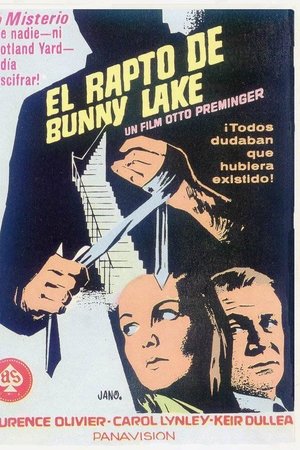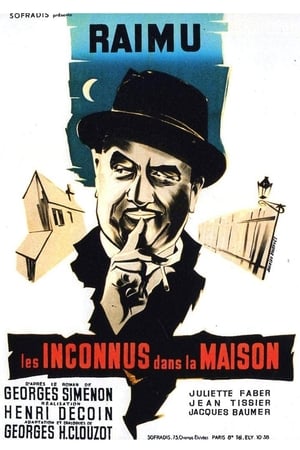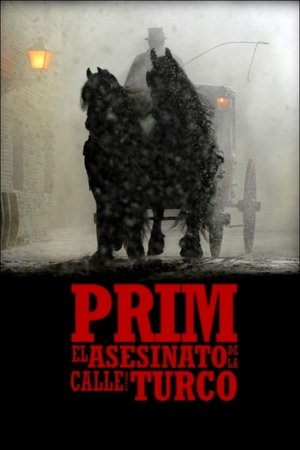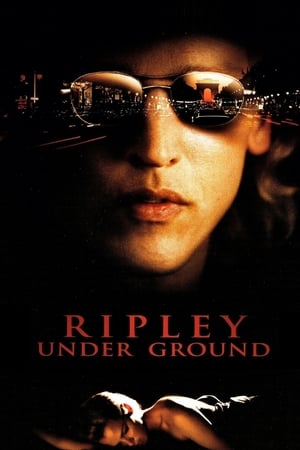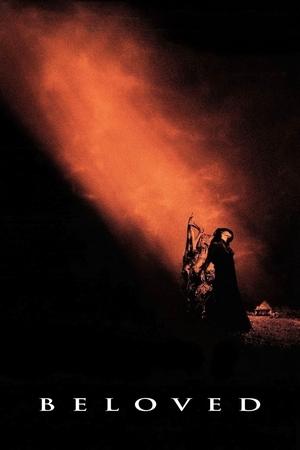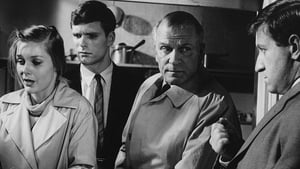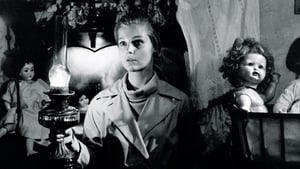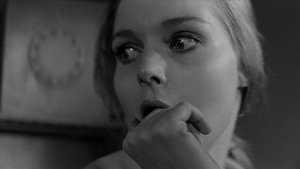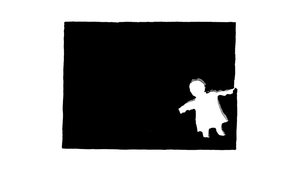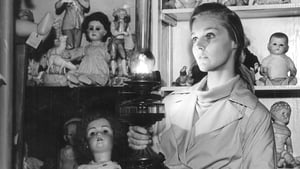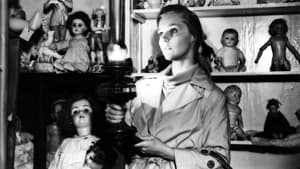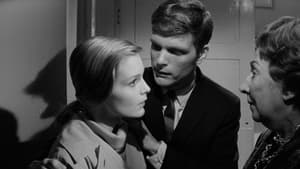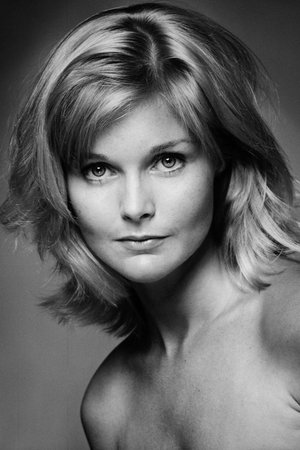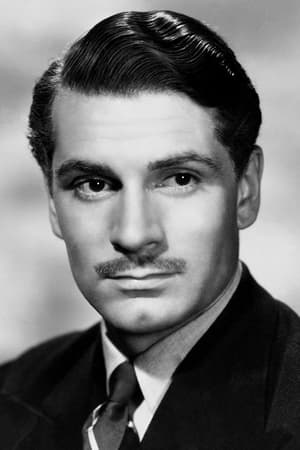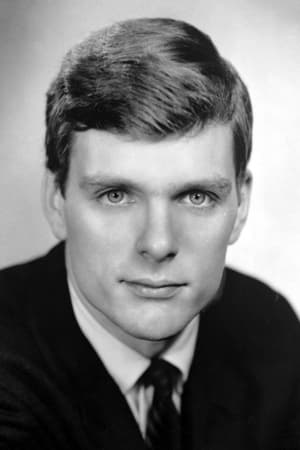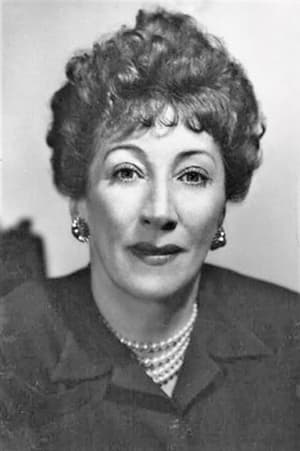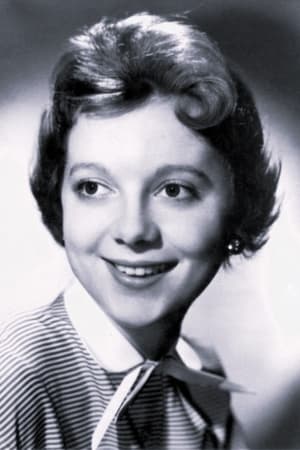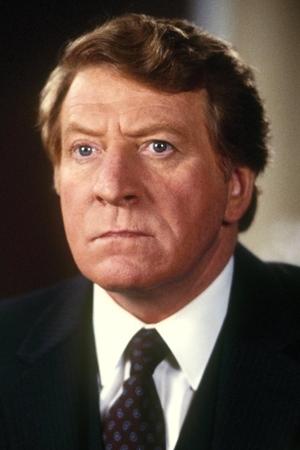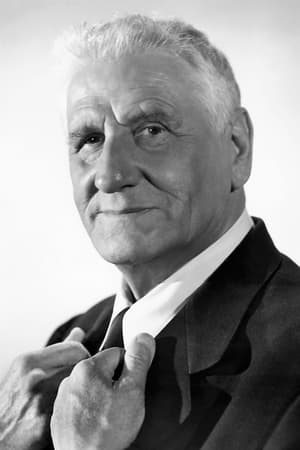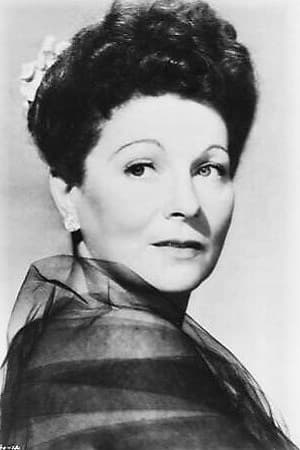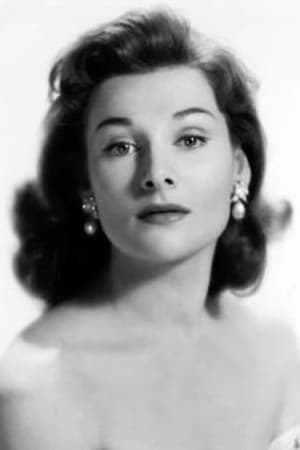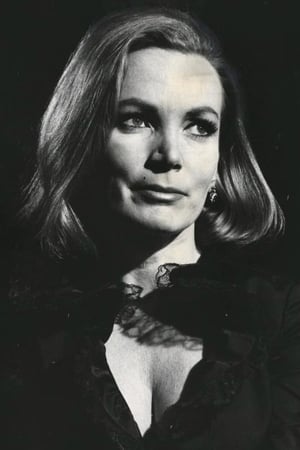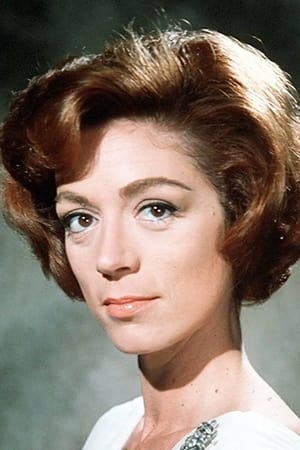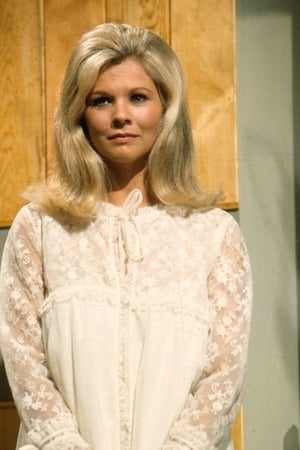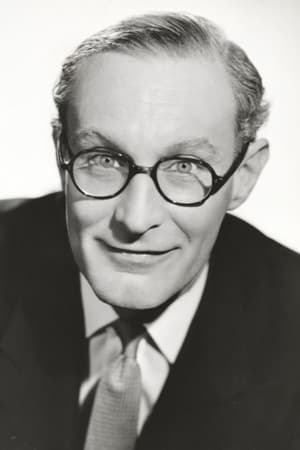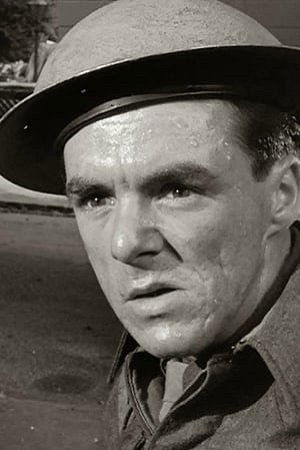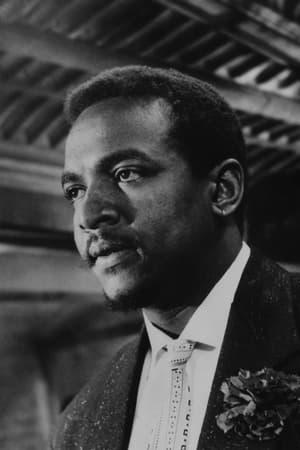-
John Chard
Just out of reach. Bunny Lake is Missing is directed by Otto Preminger and adapted to screenplay by John & Penelope Mortimer from the novel of the same name written by Marryam Modell (AKA: Evelyn Piper). It stars Laurence Olivier, Carol Lynley, Keir Dullea, Martita Hunt & Noel Coward. Music is by Paul Glass and cinematography by Denys N. Coop. 1960s Brit Pop combo The Zombies also feature in the film. Ann Lake (Lynley) turns up at her daughter's school to collect her after her first day there, but nobody has any recollection of ever having seen the four year old... It was a film that irked Otto Preminger, he was never happy with the finished product, this even after changing the ending from the one in the novel and relocating the story from New York to London. Yet time has been very kind to the film, after re-evaluations from auteurist critics the film has found a sturdy fan-base, giving it cult classic status and a reputation as a sleeper classic of its type. You feel that with its thematic links to Hitchcock's Psycho, Preminger wanted to make a film worthy of being in the same league as Hitch's classic. Certainly the marketing for the film lends one to think the makers wanted to be compared with it, that it of course isn't on a par with Psycho is a given, otherwise it would be more well known. But it's a damn fine picture, stitched together impeccably by Preminger, film holds attention and intrigue from Saul Bass' nifty opening credit sequence, right to the eerie denouement. Here we go round the mulberry bush, The mulberry bush, The mulberry bush. Here we go round the mulberry bush on a cold and frosty morning. With real London locations used and Coop's pin sharp black and white (shadowy) photography tight to the unsettling mood, story carries an air of psychological discord about it. The mystery element is strong, and this coupled with the edgy, near unhealthy, relationship between Ann and her brother Stephen (Dullea), makes for a "shifting in your seat" experience. Then there's the small matter of Noel Coward as Horatio Wilson, creepy landlord extraordinaire, he may not be in it for much, but the impression made creeps the flesh. Slotted into the tight narrative are scenes that the likes of Hitchcock, Welles and Kubrick would be proud of, where Preminger calls on his film noir know how to feverishly glide around a doll shop and track his actors as they cavort around a children's garden play area. All topped off by the supreme performance of Olivier as analytical Superintendent Newhouse, a man calm and versed in psychology, he is the perfect contrast to the hysteria and borderline mania that surrounds him. Is it Hitchcockian? As some critics have called it? Well yes it is, but not overtly so, it has closer links in tone and narrative thrust to under seen British thrillers like Don't Talk to Strange Men (1962) and Taste of Fear (1961). Is it flawless? No! Dullea is way too animated, some character reactions to situations are eyebrow-raising and Paul Glass' score is at times maddeningly wrong for the mood sequence it accompanies. But they are problems easily forgivably when taking the film as a whole. 8.5/10
please Login to add review
